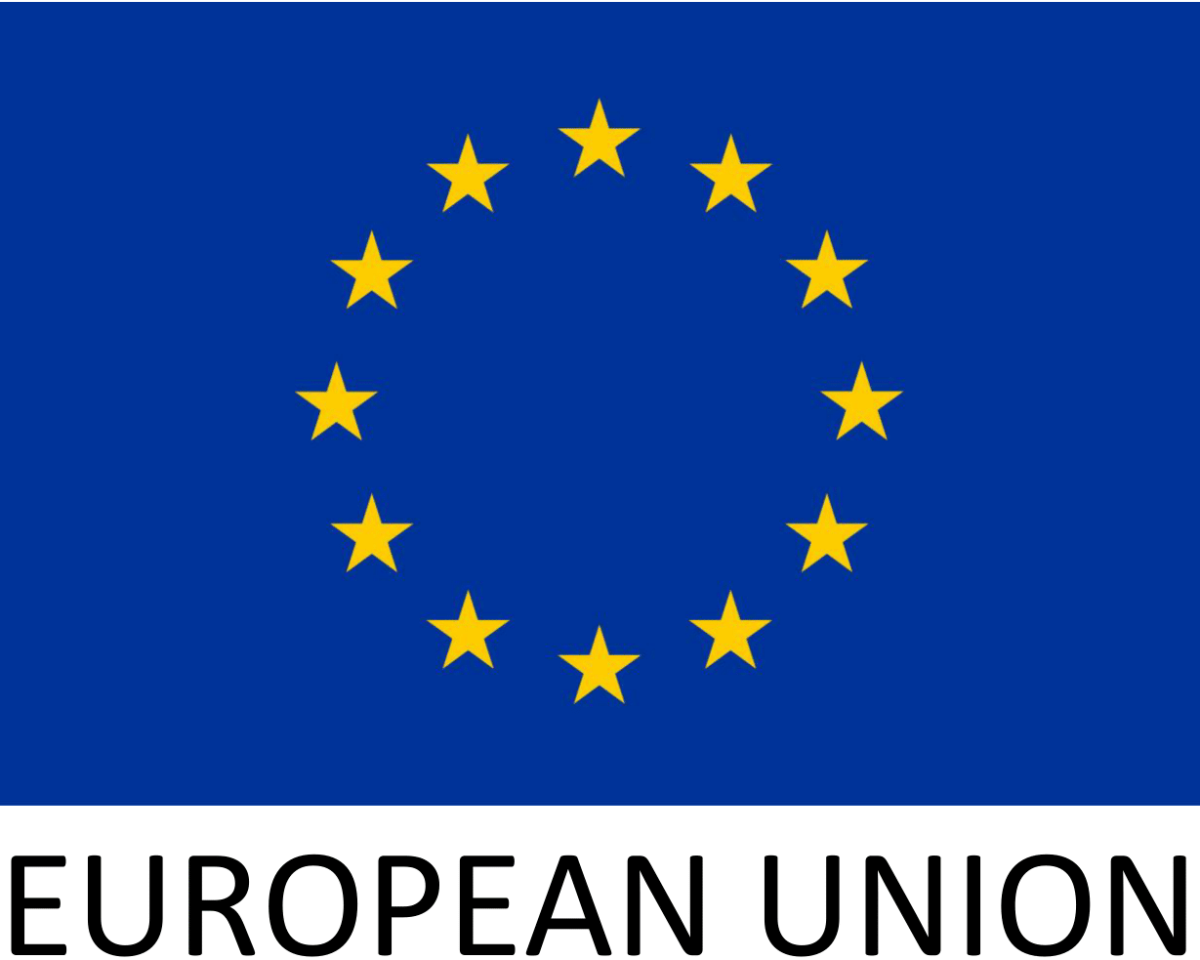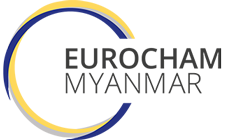Where a Member Company fails to live up to their commitments, they will be suspended from the Alliance through a process overseen by the MADE Steering Commitee. The process and timeline for suspension will depend on how serious and/or persistent the failings are.
FAQ
MADE and partners will engage with all organisations with an interest in the Myanmar apparel sector. It will also make use of previous experience and guidelines from other initiatives such as FWF, ETI and Clean Clothes Campaign.
Apparel exports from Myanmar in 2022 were estimated at approximately USD 9.3 billion. While this is the highest level to date, cumulative sector exports would have been expected to have reached over USD 14 billion by 2022, based on prior growth trends, and the total stock of existing manufacturing investments. The disruption caused by the pandemic and political crisis has therefore significantly reduced the expected growth of the sector, by around 35%.
What growth has taken place in 2022 appears to be due to significant latent industrial capacity which was started pre-pandemic. During 2019 and 2020 alone, 220 new apparel manufacturers registered investments with the Directorate of Investment and Companies Administration in Myanmar. These ranged from small to very large factories, the majority of which had planned to employ a thousand or more workers at full capacity. It takes several years to bring a large manufacturing enterprise into full operation. The increase in exports seen in 2022 is therefore likely to be due to some of these pre-2021 investment decisions coming on-stream.
Whether or not the growth of the sector continues, MADE intends to support existing and new brands and their suppliers to undertake heightened human rights due diligence and establish effective HR management and workplace relations, and improve social and environmental performance, including decent wages.
Yes. The EU and MADE partners believe that the interests of workers in Myanmar are best served by ongoing sourcing from Myanmar, provided that this is pursued responsibly and creates decent jobs. The objective of MADE is to support the hundreds of thousands of factory workers who would be left unemployed by a major withdrawal of investment in the sector, and the family members they support. Roughly 380,000 jobs across Myanmar’s apparel sector are directly reliant on EU trade and would be at acute risk if European trade and buyer engagement in the sector reduces.
The MADE project team, and members of the Alliance, are committed to supporting freedom of association, consistent with international labour conventions and with the Guidelines on Freedom of Association in Myanmar (‘FoA Guideline') negotiated in 2019 under the ACT on Living Wages programme.
Member Companies which join the Alliance must also make a commitment to communicate to suppliers and other business partners that they expect compliance with the FoA Guidelines.
The MADE project will support the implementation of these Guidelines through training in its factory programmes. Furthermore, under the SMART Factories Programme, the right of factory workers to freely associate is monitored and supported.
Freedom of association will be an ongoing topic for MADE’s Forum on Supply Chain Conduct. Actions could include making collective statements in support of FoA principles and labour rights defenders.
No. The MADE programme supports the implementation of the Freedom of Association Guidelines, and international FoA standards. MADE believes that strong and well-functioning trade unions are an essential part of a responsible apparel sector in Myanmar, including at the level of federations.
As part of its training programme on compliance with Myanmar laws, MADE, through its SMART Factories Programme, trains factories and workers on the Myanmar legal obligation for all companies to establish Workplace Coordination Committees (WCCs). This obligation has been in place since 2012. According to the Settlement of Labour Disputes Law, factories with trade unions are required to have trade union representatives sit on the WCC to represent workers. In the absence of a trade union, management are called upon to organize an election among the workforce to select worker representatives.
However, MADE does not believe that Workplace Coordination Committees (WCCs) are a replacement for trade unions. This is why its training seeks to empower workers to be aware of their rights to participate in trade unions and/or Workplace Coordination Committees (WCCs). Workshop training materials used by MADE for teaching on FoA and strengthening WCCs were originally developed by the International Labor Organization (ILO) for use in Myanmar. This includes the toolkit “Improving industrial relations through effective workplace cooperation: A toolkit for WCC members.”
In principle, WCCs can be a useful and necessary mechanism for factories to receive and remediate many worker grievances at factory level, and receive employee suggestions for enterprise improvements. However, MADE recognizes that in reality, many WCCs operate under the influence of the employer, if at all. There are multiple reasons for this which need to be addressed, including by buyers. This will be a topic for MADE’s Forum on Supply Chain Conduct.
When the SMART Factories Programme reviews factories’ policies and systems for workplace communications and social dialogue, including WCCs it examines:
- If there is an established trade union in the factory and whether they have their legally entitled seats on the WCC;
- If worker representatives on WCCs been elected on a regular basis, normally once per 2 years.
- If the factory has an effective policy for ensuring workers regularly elect their own WCC representatives.
- WCC meetings are conducted using an effective approach and structure. Meeting minutes are kept and shared.
- Ideally, the WCC jointly reviews suggestions received in the company suggestion box.
- Worker representatives on the WCC are empowered to discuss grievances without intimidation or fear of reprisal from factory management.
- The WCC receives feedback or reports from factory management on other systems the company uses for receiving worker grievances, such as smartphone apps or drop-ins to the HR department.
The Multistakeholder Alliance for Decent Employment in Myanmar (‘MADE in Myanmar’) is a four-year project (December 2022- December 2026), formally launched in March 2023, which is primarily funded by the European Union with the objective of strengthening responsible business practices in the textile, clothing and footwear sector, achieving critical industry improvements and protecting livelihoods of hundreds of thousands of families. Specifically, it aims to:
-
strengthen economic resilience and transparency practices across the Myanmar apparel industry.
-
support worker access to functional and credible grievance mechanisms at both factory and, eventually, industry level.
-
promote industry best practices with regards to occupational safety and health, social compliance, and environmental management.
-
facilitate and nurture dialogue between employers, workers, and international stakeholders.
-
provide enhanced support to women workers to advance their positions and standing in the workforce.
MADE has three components:
-
The SMART Factories Programme, a series of enterprise advisory modules and workshops continuing
from prior phases of the SMART Myanmar project (2013-2022). The SMART Factories Programme focuses on social compliance and environmental performance in the Myanmar textile, clothing and footwear industries, especially occupational safety and health, conformance with UN Guiding Principles on Business and Human Rights, and international retailer codes of conduct.
-
The Forum on Supply Chain Conduct – This is intended to promote and nurture cross-sectoral dialogue between business associations, trade union federations and labour rights groups and international retailers for the benefit of workers in the industry and more responsible industrial development.
-
The Centres for Women’s Advancement – This will support two Women’s Community Centers to provide special outreach and educational and social support to women workers, in particular young migrants.
-
MADE believes that, in accordance with the UN Guiding Principles on Business and Human Rights, companies have a responsibility to provide for, or cooperate through legitimate processes in, the remediation of adverse human rights impacts where they identify that they have caused or contributed to these impacts.
To underpin this, Member Companies of the Alliance are expected to commit to supporting freedom of association; to have, and require business partners to have, effective grievance handling mechanisms; to monitor their effectiveness; and to ensure rapid action once grievances are raised.
Furthermore, MADE will be an opportunity for companies to share current practices for grievance handling and worker engagement and lessons learned with other companies, as well as with trade unions and labour organisations, in MADE’s Forum on Supply Chain Conduct.
Core funding of 3 million euro is provided by the European Union. Larger private sector apparel retailers (brands, buyers) which join the Alliance are expected to co-fund with additional contributions ranging from 10,000 to 50,000 EUR annually, based on company size and size of operation in Myanmar. Companies with smaller volumes in production (e.g. sourcing from 3 or fewer factories in Myanmar or own manufacturers) can participate vis-à-vis their membership in EuroCham. Retailer contributions are used to co-fund the entire project and, eventually, to expand the scope of enterprise advisory services, training workshops and services on offer by the project’s women’s centres.
Given that not all brands and their suppliers are expected to be a part of MADE, a sector-wide grievance mechanism is unlikely to be achievable. Nonetheless, MADE and Member Companies will explore the scope for sectoral approaches to grievance handling and worker engagement, drawing on lessons from other initiatives, e.g. Fairwear Foundation, and advice from trade unions and labour rights organisations





